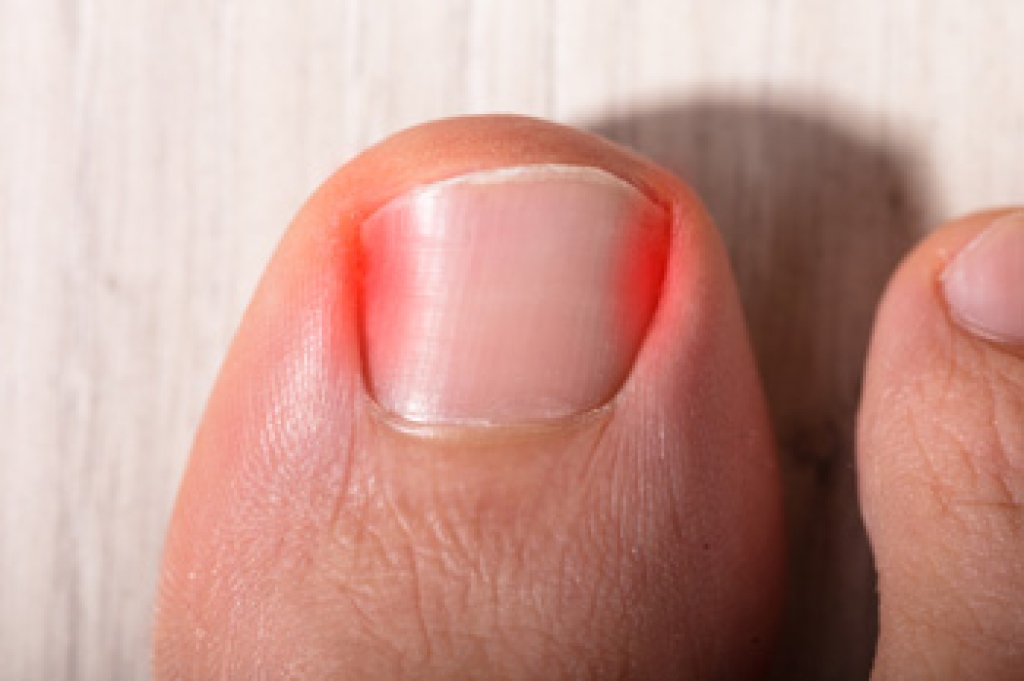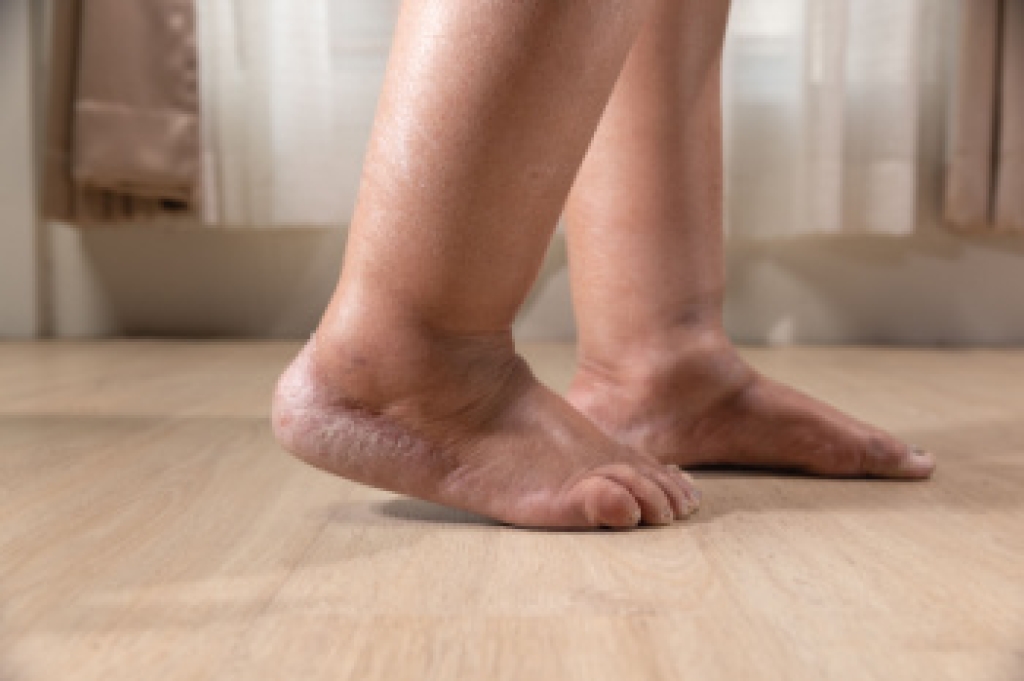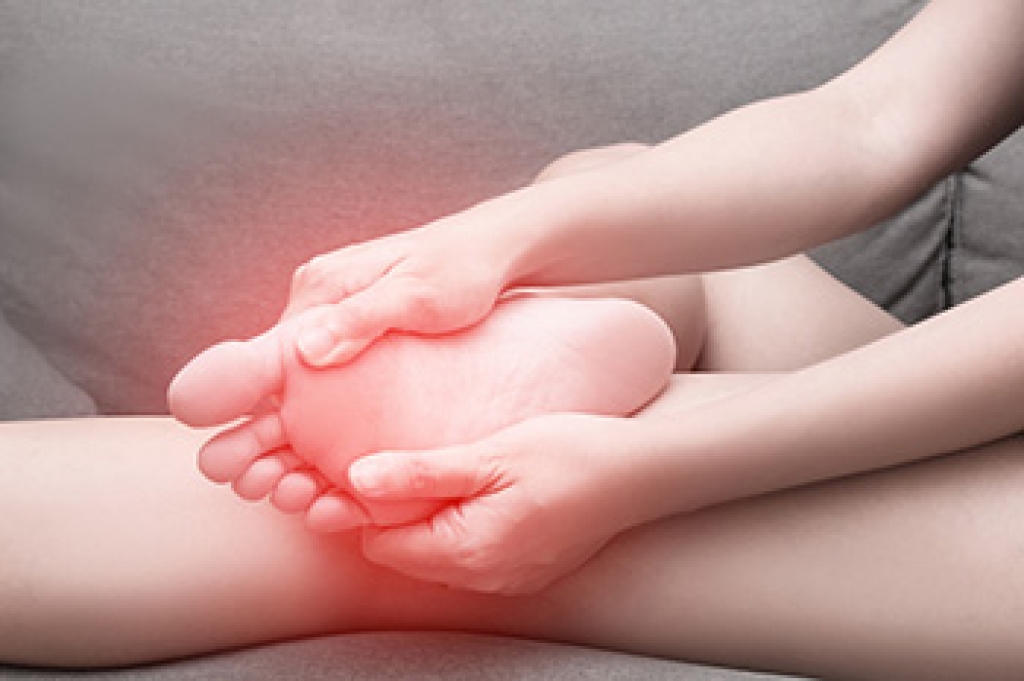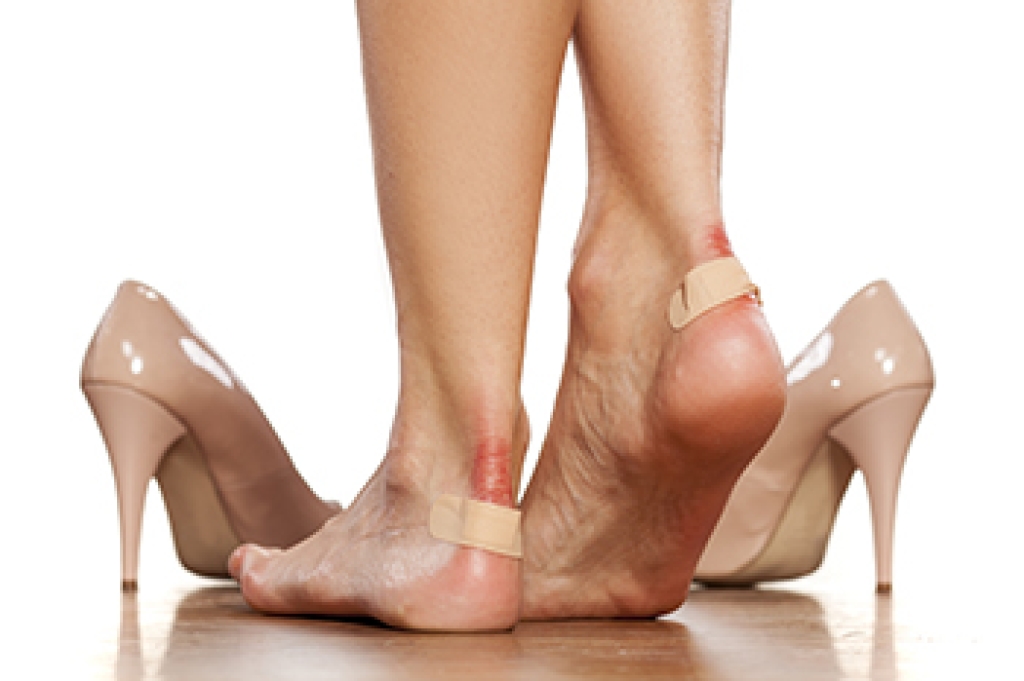
Ingrown toenails are a common, painful annoyance that can quickly derail your day. This happens when the edge of your nail grows into the surrounding skin, leading to redness, swelling, and tenderness. While it might start small, an untreated ingrown toenail can become quite serious. The constant irritation can allow bacteria to enter, causing a significant infection. The area may become inflamed, weep, or even develop an overgrowth of tissue, making every step excruciating. Many people try to tend to the ingrown toenail at home, but this often makes the problem worse and increases the risk of complications. Proper treatment involves gently lifting the nail edge or removing a small, offending piece to provide lasting relief. If you have an ingrown toenail, it is suggested that you seek professional care and effective treatment from a podiatrist.
Ingrown toenails can become painful if they are not treated properly. For more information about ingrown toenails, contact Kenneth Donovan, DPM of Advanced Care Foot and Ankle. Our doctor can provide the care you need to keep you pain-free and on your feet.
Ingrown Toenails
Ingrown toenails occur when a toenail grows sideways into the bed of the nail, causing pain, swelling, and possibly infection.
Causes
- Bacterial infections
- Improper nail cutting such as cutting it too short or not straight across
- Trauma to the toe, such as stubbing, which causes the nail to grow back irregularly
- Ill-fitting shoes that bunch the toes too close together
- Genetic predisposition
Prevention
Because ingrown toenails are not something found outside of shoe-wearing cultures, going barefoot as often as possible will decrease the likeliness of developing ingrown toenails. Wearing proper fitting shoes and using proper cutting techniques will also help decrease your risk of developing ingrown toenails.
Treatment
Ingrown toenails are a very treatable foot condition. In minor cases, soaking the affected area in salt or antibacterial soaps will not only help with the ingrown nail itself, but also help prevent any infections from occurring. In more severe cases, surgery is an option. In either case, speaking to your podiatrist about this condition will help you get a better understanding of specific treatment options that are right for you.
If you have any questions, please feel free to contact our office located in Charleston, SC . We offer the newest diagnostic and treatment technologies for all your foot care needs.




